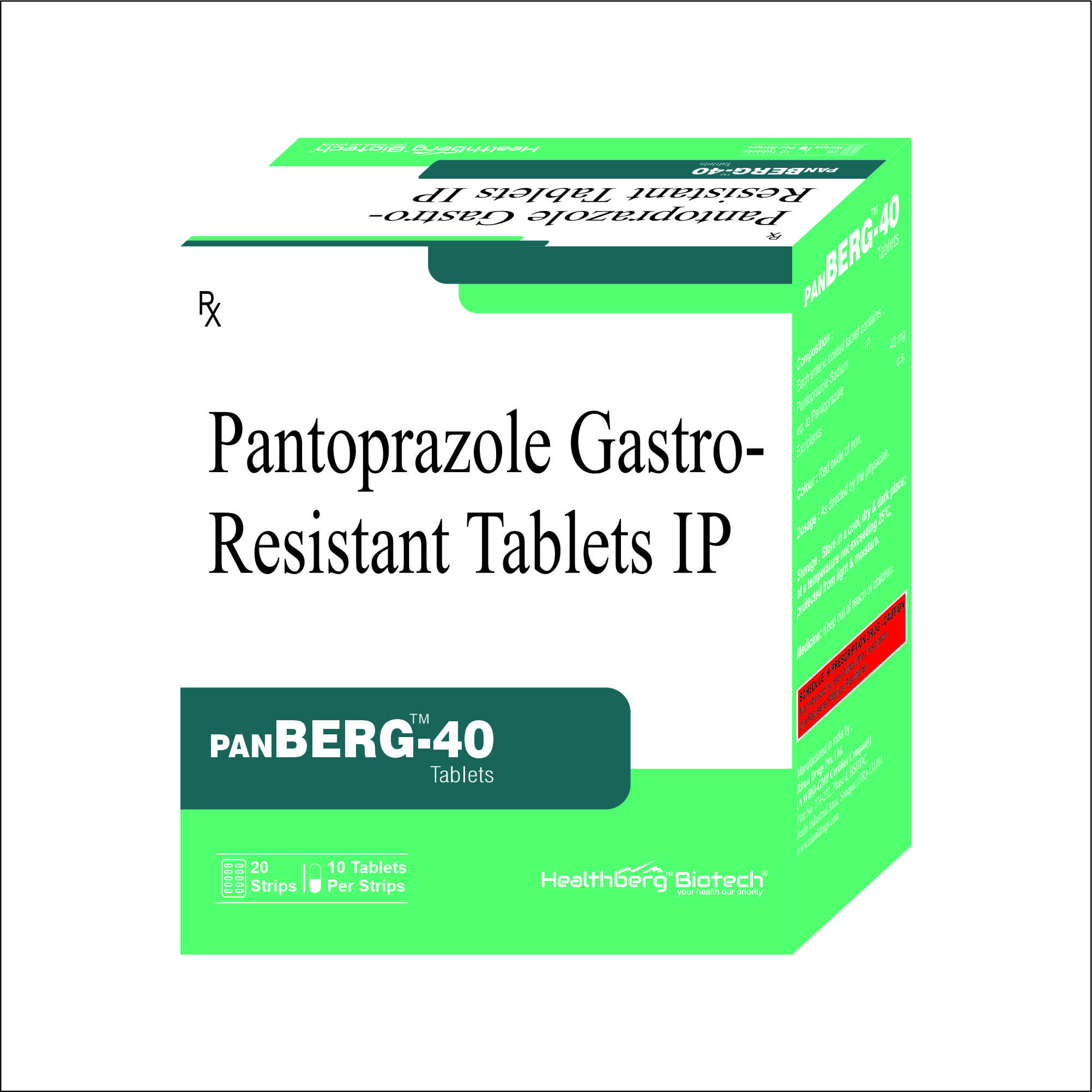
| Formulation | PANTOPRAZOLE SODIUM 40 MG TABLETS | |
| Packaging | 20X10 A/A | |
| MRP | ||
| Tax Bracket | ||
| Indicated By | ||
| Marketing Material | Visualaids, Branded Stationary, MR Bags, Prescription Pads etc |
Uses:
Problems and Considerations:
In summary, pantoprazole sodium 40 mg tablets are commonly used to treat conditions like GERD, ulcers, and erosive esophagitis. While effective, it’s important to use this medication under the guidance of a healthcare provider, adhere to recommended dosages, and be aware of potential interactions and considerations. If you have any concerns or questions about its use, consult a medical professional.
There are no reviews yet.